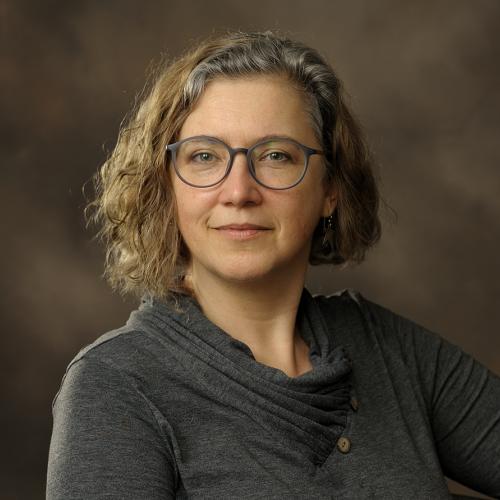GSLIS Assistant Professor Kate McDowell has been invited to serve on a committee convened by the National Endowment for the Humanities (NEH) that is seeking nominations for a new nonfiction Summertime Reading List for children and young adults.
“I see this list as a significant step in acknowledging the importance of nonfiction for children, as well as the readers who have always gravitated toward nonfiction books,” says McDowell. “Though the main purpose of this list creation is to acknowledge those undervalued classics of children's nonfiction; the timing coincides very well with the widespread adoption of the Common Core State Standards in education and a renewed emphasis on information books.”
According to the committee’s press release:
Aimed at young readers who want to delve more deeply into areas such as history, biography, archaeology, or philosophy, this new list will supplement NEH’s popular summer reading list, which, since its inception in 1988, has been heavily weighted towards works of fiction. NEH’s new nonfiction list will reflect the new Common Core State Standards, which place a greater emphasis on nonfiction material, and will serve as a resource for teachers and parents of children who want to read about the tragic Irish potato famine of the 1840s and 50s or the infamous Salem witch trials in addition to—or instead of—Harry Potter and The Lion, The Witch and the Wardrobe.
NEH is accepting nominations from anyone for the list on their website, however, the final selection of books will made by an advisory board composed of educators, library and information science specialists, historians, scholars of literature, and experts in childhood literacy. Nominators can suggest books for any or all of the three age groups: 5-8 years old, 9-13 years old, and 14-17 years old,
“By crowd-sourcing the recommendations we hope to uncover some of those neglected “classics” that have been overlooked for the many decades during which children's literature was considered synonymous with fiction. The crowd-sourcing approach allows both current and former children to submit their nominations for their nonfiction favorites,” says McDowell.
The final list will be announced in 2013.
